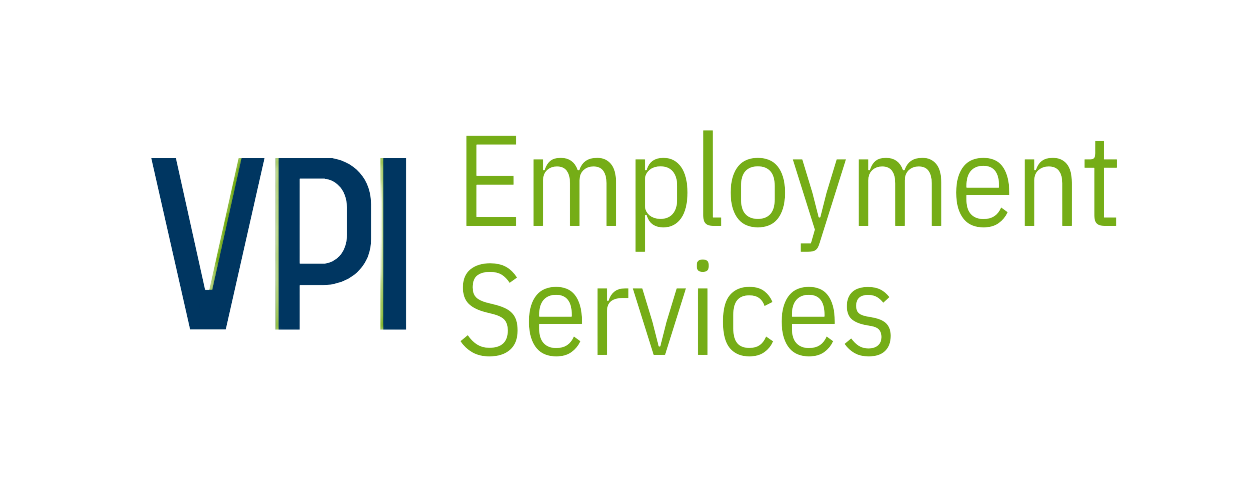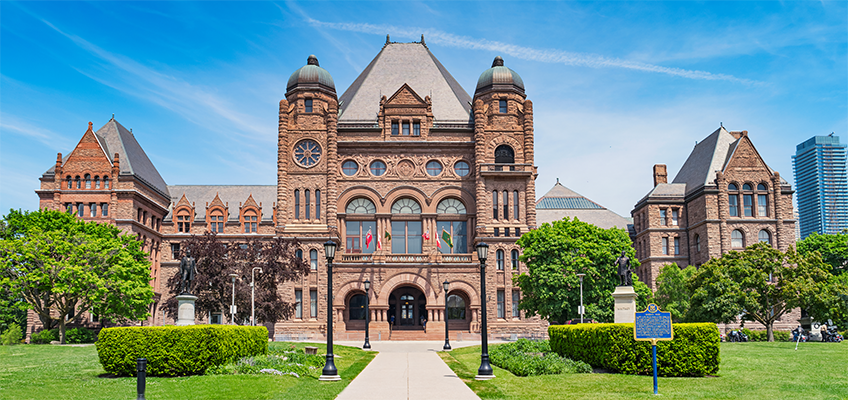On October 1, 2017 the minimum wage in Ontario was increased $0.20 from $11.40 to $11.60. This is the fourth of four scheduled increases between 2014 and 2017.
There is also currently proposed legislation to increase the new minimum wage to $14.00 on January 1, 2018 and again to $15.00 on January 1, 2019. After the proposed 2019 increase, the minimum wage would increase to stay in line with inflation. The jump from $11.60 to $14.00 would represent the largest single increase in minimum wage since it was introduced in 1920.
The plan to increase minimum wage is part of Bill 148, Fair Workplaces, Better Jobs Act–which was proposed by the Ontario government after a 27-month long review of the current legislation around Ontario workplaces. As of October 2, Bill 148 is in its second reading and has not yet been passed.
Should the Bill be passed, it will constitute the largest single change to employment law in Ontario in more than 15 years. Along with increases to minimum wage the Bill would also make changes to the Employment Standards Act, the Labour Relations Act and the Occupational Health and Safety Act–which currently define the rights and responsibilities of both employees and employers in Ontario.
Here are a few of the key areas that the current version of the Fair Workplaces, Better Jobs Act would change:
- Mandating equal pay for part-time, temporary, casual and seasonal employees who do the same work as full-time employees at a company
- Expanding emergency leave, including two days per year
- Ensuring that an employee receives three weeks of vacations after five years of employment
- Revisions to employee scheduling rules, including payment if work shift is cancelled within 48 hours

